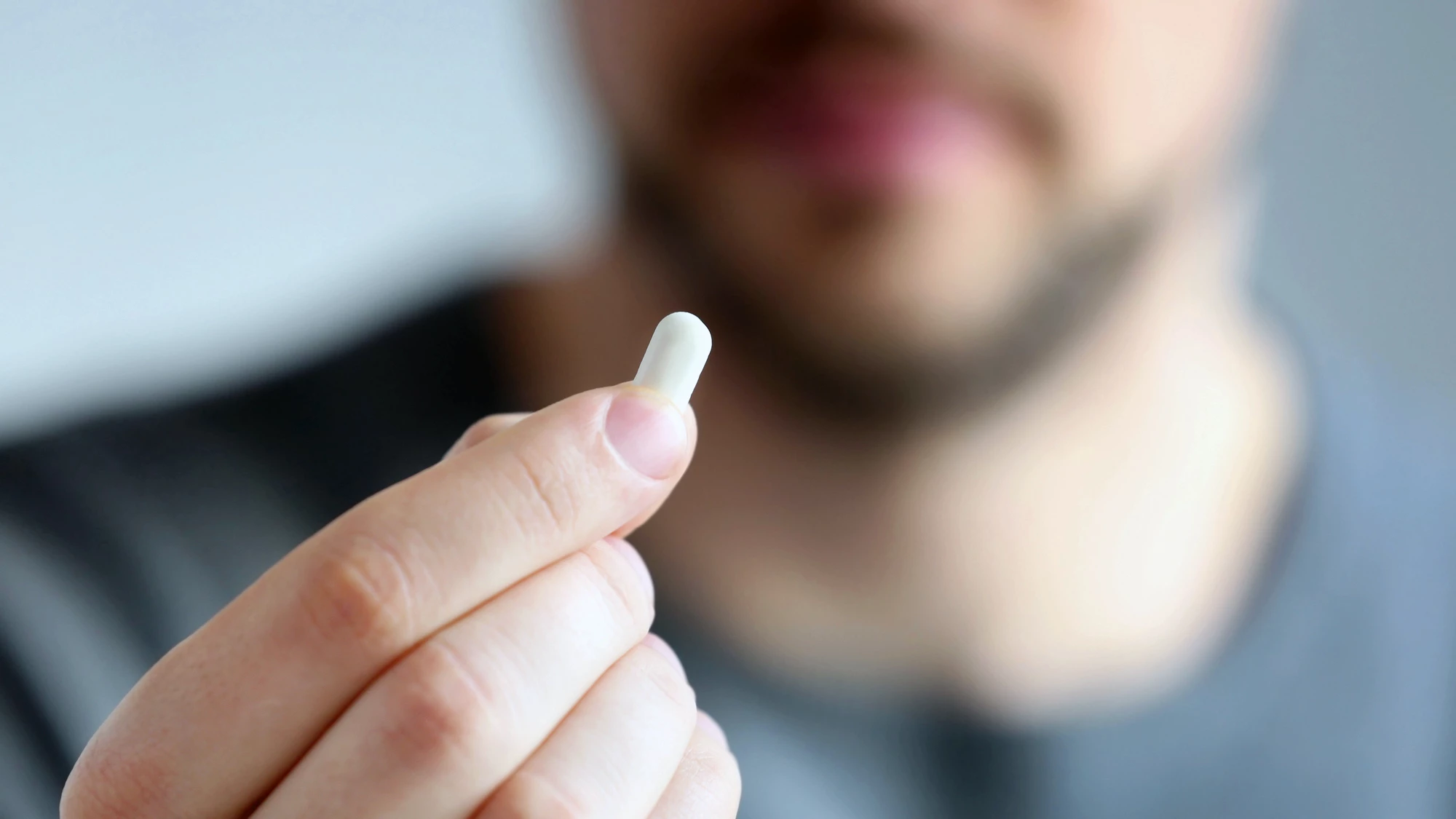A final-stage clinical trial comparing a new long-acting, once-weekly pill to treat schizophrenia symptoms with the existing daily treatment has found that both produce comparable therapeutic effects. If approved for use, the new pill would simplify patient care without compromising effectiveness.
The oral version of the drug risperidone, sold under the brand name Risperdal and others, is an antipsychotic medication used to treat the symptoms of schizophrenia and bipolar disorder. It works by balancing levels of dopamine and serotonin, the brain chemicals responsible for regulating mood, behaviors, and thoughts. Following a period of ramping up, the usual daily dose of oral risperidone is 4 mg to 6 mg. An injectable version of the drug is available and lasts for two to four weeks.
A Phase 3 clinical trial comparing the effectiveness of a once-weekly risperidone tablet developed by the biotech company Lyndra Therapeutics with the existing daily version of the drug has produced promising results, with obvious benefits for patients.
“These positive data demonstrate that a single dose of oral weekly risperidone delivers comparable medication levels to daily risperidone, validating that Lyndra’s LYNX drug delivery platform may provide a medication option that significantly reduces dosing frequency,” said Lyndra’s Chief Medical Officer and President of Global Product Development Richard Scranton, MD, MPH. “For people who rely on risperidone as part of their treatment regimen, oral weekly risperidone could vastly improve medication adherence and outcomes.”
The video below explains how Lyndra’s LYNX platform technology works.
Trial investigators enrolled 83 clinically stable participants (75% male, 25% female, with a mean age of 49) with schizophrenia or schizoaffective disorder while they resided at an inpatient facility for five weeks. Someone with schizoaffective disorder experiences both schizophrenia and a mood disorder, such as depression or bipolar disorder. After a seven-day run-in period with “regular” doses of risperidone (2 mg or 6 mg), participants received five equivalent doses of Lyndra’s sustained-release oral risperidone (LYN-005), either 15 mg or 45 mg, respectively. The trial’s primary endpoints were comparable blood risperidone levels between the immediate-release and long-acting versions of the drug.
Of the 83 participants enrolled, 47 completed the full five-week study, and 44 were included in a detailed analysis of drug levels in their blood. Examining the lowest, highest, and average blood levels over five weeks, the trial investigators found that LYN-005 maintained steady blood risperidone concentrations, very similar to regular risperidone. Side effects were common, but most were mild to moderate. The most common (66% of participants) were gastrointestinal, including nausea and diarrhea. Only one serious side effect was reported.
“Weekly LYN-005 provided sustained release of risperidone at therapeutic concentrations with similar bioavailability to immediate-release risperidone,” the researchers said. “Patients remained clinically stable and no unexpected safety signals emerged. This offers a novel long-acting oral drug delivery technology for schizophrenia and schizoaffective disorder.”
Switching from a daily to a weekly medication regimen would not only simplify care but also enhance patient autonomy and medication adherence, without compromising therapeutic benefits.
The study was published in the journal The Lancet Psychiatry.
Source: Lyndra Therapeutics via Business Wire





